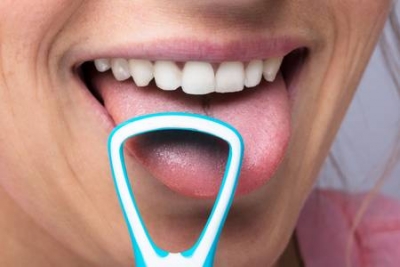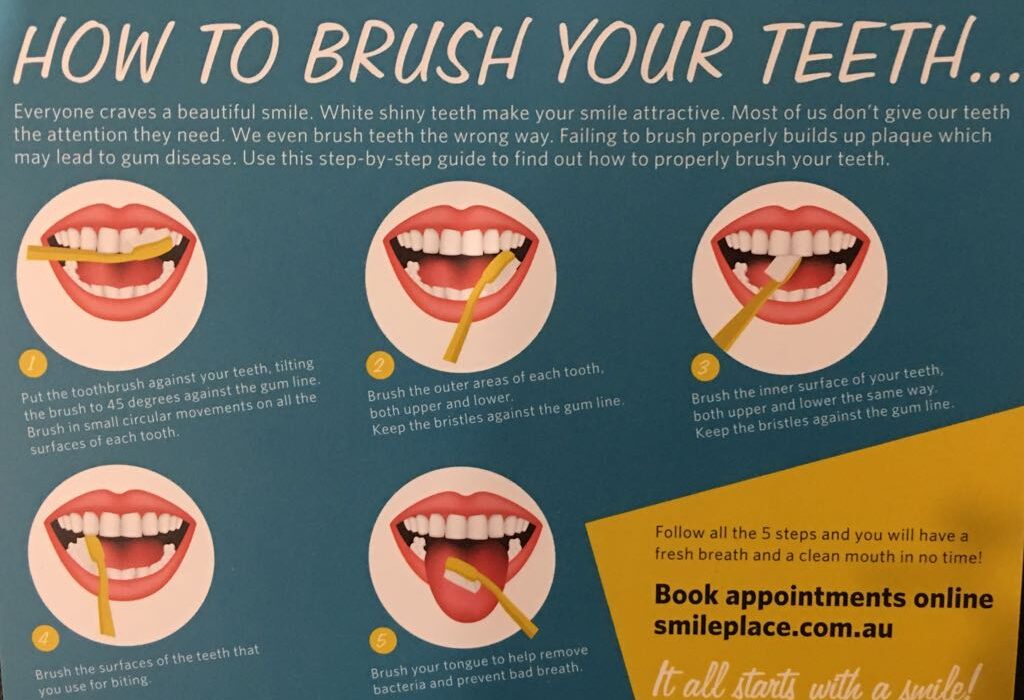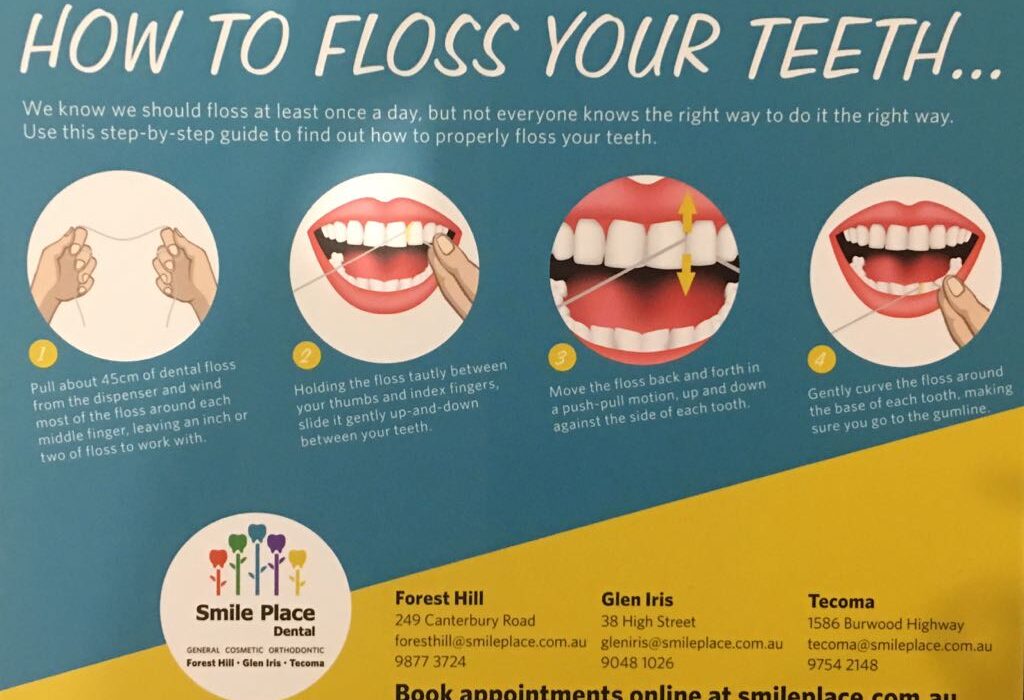
Struggling with bad breath? You’re not alone.
Confused about whether to see a dentist or a dental hygienist? This guide helps you decide what’s right for your dental care.

When it comes to keeping your teeth healthy, understanding the difference between a dentist and a dental hygienist can be confusing. Many people aren’t sure who they should see for their specific oral health needs. So here’s the low-down:
Dentists are like your tooth doctors, handling more complex issues like cavities, extractions, and surgeries. They’re there to diagnose and treat dental problems that need immediate attention.
On the other hand, dental hygienists focus on preventative care—helping you avoid those bigger problems in the first place. Their expertise lies in routine cleanings and ensuring plaque and bacteria don’t build up to cause gum disease or decay.
So while both roles are essential, knowing when to see each one can make all the difference in maintaining a healthy smile.
Seeing a dental hygienist regularly is key to maintaining a healthy smile and preventing future issues.
While your dentist handles more complex treatments, your hygienist focuses on the essential, ongoing care that keeps your mouth in top condition. Routine visits to a hygienist allow for professional cleanings, which prevent plaque buildup, tooth decay, and gum disease from developing.
Scheduling these cleanings is especially important if you’ve had oral health issues in the past. Regular hygiene visits (every 6 months) can stop those problems from resurfacing or getting worse. Whether it’s your first appointment or you’re managing ongoing concerns, your hygienist plays a vital role in keeping your teeth strong and your gums healthy.

Hygienists aren’t licensed doctors, but they perform essential preventative care that’s equally effective in maintaining your oral health. Here’s a look at some of the key services a dental hygienist provides and how each can help improve your oral health.
One of the most common services offered by a hygienist is routine teeth cleaning. Even if you’re diligent about brushing and flossing, plaque and tartar can still accumulate in areas that are difficult to reach. A professional cleaning helps remove these buildups, preventing cavities, gum disease, and keeping your breath fresh.
Hygienists also play a crucial role in performing oral examinations to spot early signs of issues like cavities or gum disease. By catching these problems early, you can address them before they become more serious, saving you from discomfort and potential costly treatments.
In addition to cleaning, your hygienist provides oral health education and advice. This personalised guidance can include tips on brushing techniques, flossing, and how to maintain your oral health between visits. With their expertise, they help you establish better home care habits, which in turn lowers your risk of future dental problems.
Another common service is fluoride treatment. Fluoride, a mineral that strengthens tooth enamel, is applied after cleaning to give your teeth an added layer of protection against decay. This simple treatment makes your teeth more resilient and less prone to cavities.
For patients at higher risk of decay, dental sealants can be applied to the back teeth (molars). These protective coatings prevent cavities from forming in the deep grooves of your teeth, providing long-lasting defence—especially in areas that are hard to clean with a toothbrush.
Hygienists also focus on gum disease prevention and treatment (periodontal care). Gum disease can cause inflamed gums, bleeding, and even tooth loss if it’s not treated. By identifying early signs and performing deep cleanings when necessary, hygienists help halt the progression of gum disease and promote healthier gums.
For those looking to enhance their smile, some hygienists may offer teeth whitening treatments. This service is designed to remove surface stains and restore your smile’s natural brightness, leaving you with a whiter, more radiant smile.
In more advanced cases of gum disease, your hygienist may recommend a deep cleaning. This involves cleaning below the gumline to remove bacteria and tartar from the roots of your teeth, helping to stop gum disease from progressing and encouraging healing in inflamed areas.

At Smile Place Dental, our dental hygienist, Mariam Khaleqi, offers a range of services designed to keep your teeth and gums healthy. Mariam specialises in preventing and managing gum disease and works with patients of all ages. Her gentle and thorough cleanings help reduce the risk of oral health issues down the road.
Mariam completed her dental training at the Royal Dental Hospital of Melbourne and has been practising since 2015. She regularly attends seminars and conferences to stay updated with the latest techniques and ensures her patients benefit from cutting-edge dental care. Mariam is fluent in both English and Dari, making her a friendly and approachable practitioner for all patients.
So if you’re still wondering if you should see a dental hygienist, the answer is yes. Seeing a dental hygienist is an essential part of maintaining your oral health. Whether you’re looking to prevent problems or manage existing ones, regular visits can help ensure a healthy smile for years to come.
If it’s time for your six-month check-up or your children need a clean, Mariam is ready to help you on your journey to better oral health. Find out more about our teeth cleaning services here.
Author Summary – Dr Chitra Rao

Dr. Chitra Rao has over a decade of experience in dentistry, specifically in the field of cosmetic and orthodontic treatments. Dedicated to achieving optimal results, she takes a detailed and personalised approach to creating beautiful, confident smiles for her patients. Outside of dentistry, Dr. Chitra enjoys staying active, traveling, and spending time with her family.

Struggling with bad breath? You’re not alone.

Keep it clean, keep it bright with these simple tips.

Do you brush twice a day, use a mouthwash, and still struggle with bad breath or surprise cavities? If so, the problem may be caused by inconsistent flossing. Most people skip flossing and those who do floss, often don’t do it right, leaving behind plaque and food debris. The good news? Flossing properly takes just […]